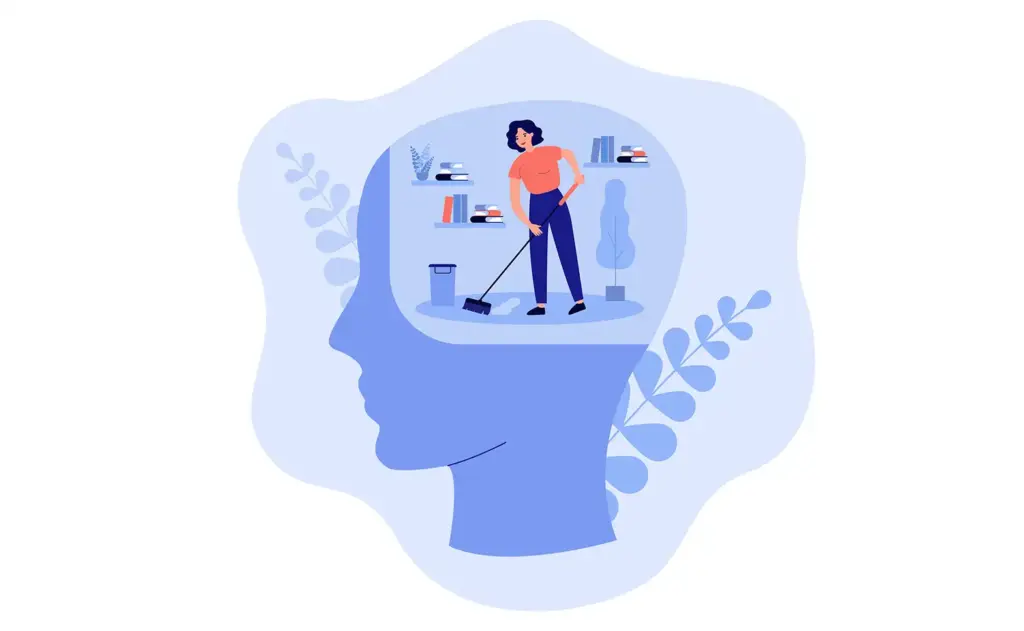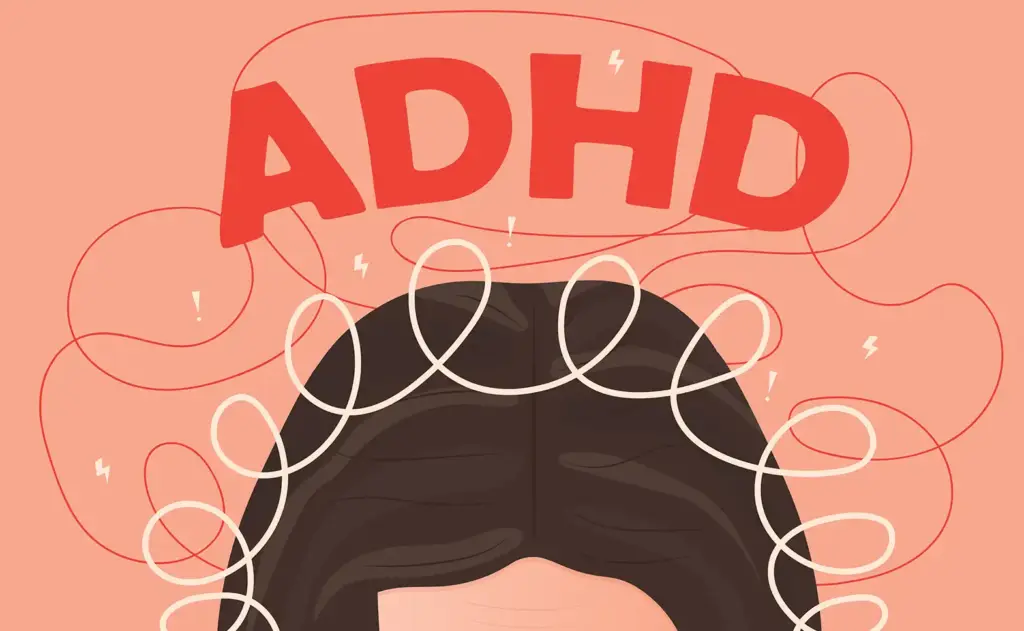When Mess Feels Unmanageable
For individuals living with depression, even the smallest tasks — like washing dishes or making the bed — can feel overwhelming. Domestic spaces often become cluttered, messy, or neglected, compounding feelings of guilt, stress, and hopelessness. This creates a feedback loop where the state of one’s home negatively impacts mental health, which in turn makes cleaning even more difficult.
Fortunately, there’s a growing recognition of the role that professional cleaning services can play in mental health support. Far beyond surface-level tidiness, therapeutic cleaning provides emotional relief, restores dignity, and can even act as a catalyst for recovery.
The Link Between Depression and Domestic Disarray
Depression frequently affects executive function, energy levels, and motivation — all essential for maintaining a clean home. As a result, clutter builds, and cleaning tasks are left undone. This environment can:
- Increase feelings of anxiety and shame
- Reinforce negative self-perceptions
- Disrupt sleep and daily routines
Studies confirm that the act of cleaning and the result of a cleaner space can significantly reduce stress, anxiety, and depressive symptoms. However, the barrier is often energy — and that’s where depression cleaning help from professionals can be transformative.
When building your cleaning arsenal, consider every corner of your home that might need attention. With a little preparation, the cleaning process becomes more efficient and far less overwhelming.
How Professional Cleaning Helps Mental Health
Hiring a professional isn’t just about outsourcing chores. It can provide a sense of psychological relief and initiate positive change. Here’s how professional cleaning mental health support works:
1. Immediate Reduction in Visual Stress
A cluttered or messy space constantly signals unfinished tasks to the brain, increasing cognitive load. A clean environment reduces mental noise, allowing for greater calm and clarity.
2. Energy Conservation
Depression drains physical and mental energy. Professional cleaners take on the physical labor, giving individuals more bandwidth for rest, therapy, or other self-care activities.
3. Restoration of Control
Regaining control over one’s environment can be incredibly empowering. Even if a person didn’t clean the space themselves, the change can spark motivation, optimism, and emotional regulation.
4. Reduction in Shame and Isolation
Many people with depression avoid inviting friends or family over due to embarrassment about their home. A clean space encourages reconnection and reduces social withdrawal.
Therapeutic Cleaning: Why It’s More Than a Clean House
The concept of therapeutic cleaning extends beyond aesthetics. It’s about creating a space that supports mental wellness. For someone in recovery, a clean home can provide:
- A reset point from which to rebuild routines
- Emotional safety, free from sensory overwhelm
- A foundation for healthy habits like eating well and sleeping consistently
Some therapists even recommend cleaning services as part of holistic treatment plans. While therapy addresses internal thought patterns, a cleaning service addresses the environment that often mirrors those struggles.
Overcoming the Barriers to Getting Help
Despite the benefits, people often resist seeking depression cleaning help due to shame, pride, or fear of judgment. Here’s how to approach this decision with compassion:
- Normalize the need: Depression is a medical condition, and just like physical health support, cleaning help is valid and necessary.
- Start small: Some services offer hourly or task-specific cleaning. You don’t have to do everything at once.
- Choose empathetic providers: Many cleaning professionals are experienced in helping clients with mental health struggles and prioritize discretion and kindness.
What to Expect From a Mental Health–Friendly Cleaning Service
If you’re looking for a service that supports professional cleaning mental health goals, here’s what to look for:
- No judgment policies: Teams that understand mental health challenges and approach homes with care and respect.
- Customizable packages: Flexible scheduling, room-by-room focus, and pacing to match your comfort.
- Optional presence: Some clients prefer to be present during the cleaning; others feel more comfortable stepping away. Reputable services accommodate both.
When to Consider Professional Cleaning
It might be time to seek help if:
- You feel overwhelmed every time you look around your home
- You’ve stopped inviting people over due to mess or embarrassment
- Cleaning feels like an impossible task, even when you want to do it
- Your environment is making your depression worse, not better
Getting help isn’t giving up — it’s taking a critical step in supporting your mental health recovery.
Complementing Therapy and Treatment
Professional cleaning isn’t a replacement for mental health treatment, but it can be a valuable part of a broader support system. Therapists often recommend building “activation” into daily life — doing small tasks that provide structure and accomplishment. A cleaner space makes it easier to build and maintain those habits.
In some cases, the initial clean-up by professionals creates the momentum a person needs to re-engage in other parts of life, from therapy to relationships to self-care.
Final Thoughts: Healing Starts at Home
Living in a clean, organized environment isn’t just about appearances — it’s about mental relief, emotional grounding, and renewed possibility. For those struggling with depression, asking for professional cleaning mental health support can be one of the most impactful — and compassionate — decisions you make.
Whether it’s a one-time reset or ongoing maintenance, the benefits of therapeutic cleaning go beyond your floors and surfaces. They reach into your sense of self, your relationships, and your path to recovery.

